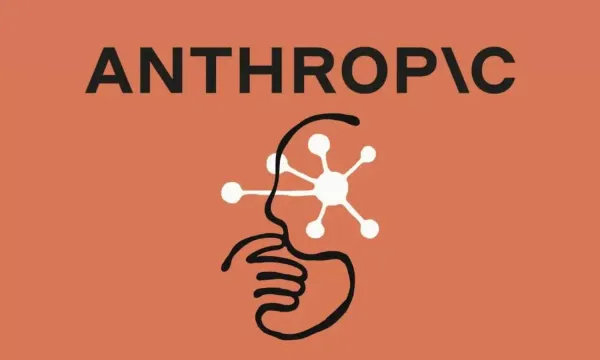Google’s New AI IDE “Antigravity” Promises Autonomous Coding with Gemini 3, GPT-OSS
Antigravity is launching in public preview for Windows, macOS, and Linux, and supports Gemini 3 Pro, as well as Anthropic’s Claude Sonnet 4.5 and GPT-OSS.

Google has unveiled Antigravity, a next-generation, agent-first coding platform built around its newly released Gemini 3 Pro model.
Designed for the “agent-first era,” Antigravity gives AI agents real power: they can access your editor, terminal, and even a browser, enabling them to independently plan, execute, and verify development tasks.
Meet Google Antigravity, your new agentic development platform.
— Google Antigravity (@antigravity) November 18, 2025
An evolution of the IDE, it's built to help you:
- Orchestrate agents operating at a higher, task-oriented level
- Run parallel tasks with agents across workspaces
- Build anything with Gemini 3 Pro. pic.twitter.com/GCwHVJSU1O
"Using Gemini 3’s advanced reasoning, tool use and agentic coding capabilities, Google Antigravity transforms AI assistance from a tool in a developer’s toolkit into an active partner. While the core of Google Antigravity is a familiar AI IDE experience, its agents have been elevated to a dedicated surface and given direct access to the editor, terminal and browser," Google said in a blog post.
One of Antigravity’s defining features is its generation of “Artifacts”—verifiable deliverables such as task lists, implementation plans, screenshots, and browser recordings. These offer greater transparency than raw action logs, helping developers keep track of what the agents are doing.
Antigravity supports two user interfaces:
- An Editor view, which resembles a traditional IDE with AI assistance and code autocompletion, and
- A Manager view, a “mission control” dashboard to spawn, orchestrate, and observe multiple agents working across different workspaces.
Feedback plays a key role—users can comment directly on Artifacts (even screenshots), and agents learn from past interactions, retaining code snippets and strategies for future tasks.
Antigravity is launching in public preview for Windows, macOS, and Linux, and supports Gemini 3 Pro, as well as Anthropic’s Claude Sonnet 4.5 and GPT-OSS.
"In addition to Gemini 3 Pro, Google Antigravity also comes tightly coupled with our latest Gemini 2.5 Computer Use model for browser control and our top-rated image editing model Nano Banana," Google added.
Is Antigravity a VS Code Fork?
Early users took to social media to note that Antigravity may simply be a fork of VS Code — the free, lightweight, and highly extensible code editor developed by Microsoft.
Reviewing Antigrativy, Simon Willison, founder of Datasette open source project, wrote, "At first glance Antigravity is yet another VS Code fork Cursor clone - it's a desktop application you install that then signs in to your Google account and provides an IDE for agentic coding against their Gemini models."
Several users also observed that Antigravity’s interface appears strikingly similar to Windsurf’s Cursor, which itself is a VS Code fork.
Adding to the intrigue, Varun Mohan — co-founder and former CEO of Windsurf — joined Google DeepMind earlier this year to work on Antigravity, further fueling speculation about its foundations and design influences.
Excited to launch Google Antigravity, our next generation agentic IDE, now powered by Gemini 3! pic.twitter.com/Ya2sMHnnLw
— Varun Mohan (@_mohansolo) November 18, 2025
Windsurf recently announced that Gemini 3 Pro is now available among the model catalogue inside Cursor.




